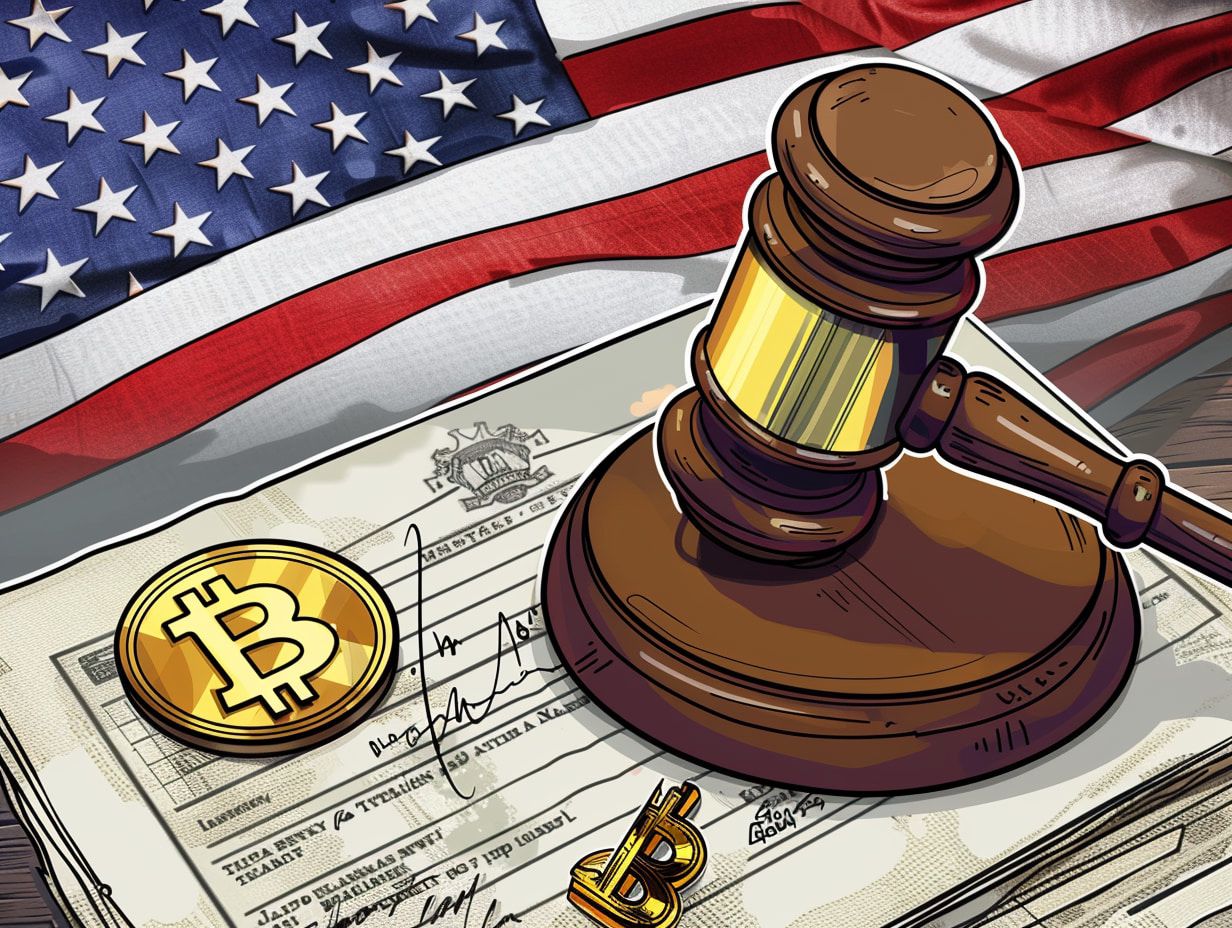Following the elections in the upper chamber of the United States Congress, President Biden signed off on a controversial bill that expanded the surveillance powers granted to US government agencies. Critics worry that this may hurt the privacy of American citizens.
On April 20th, the U.S. Senate voted 60-34 to pass a law reauthorizing, extending, and amending section 702 of the Foreign Intelligence Surveillance Act( FISA) for another two years.
President Biden signed the bill the following day.
A Significant Piece of Legislation by President Biden
Pioneers of this bill, including the President and an envelope of members from both sides of the chamber, said that the bill is important in aiding counter-terrorism efforts and preserving the country’s security.
Democrat Senate majority leader Chuck Schumer said allowing the FISA to expire is dangerous to the security of the United States. He further stressed how important the FISA is in tackling drug trafficking, terrorist attacks, and violent extremism.
However, critics of the bill argued that the reinstatement and amendment of FISA will create a new era of surveillance and vastly expand the spying powers accorded to government agencies.
An X post from Elizabeth Goitein, co-director of the Liberty and National Security program at the Brennan Center for Justice, called out members who voted in favor of this bill.
She stated that “The provision effectively grants the NSA access to the communications equipment of almost any U.S. business, plus huge numbers of organizations and individuals. It’s a gift to any president who may wish to spy on political enemies, journalists, or ideological opponents. This is a shameful moment in the history of the United States Congress.”
How Does President Biden’s Bill Affect the American People?

The National Security Agency (NSA) can now force internet providers like Google to submit sensitive data about their targets. With this bill passed into law, the U.S. government will go far beyond its current surveillance and force many companies and individuals that provide internet-related services to help with the surveillance.
The Fallout
This is one of the controversial bills that President Biden has signed into law since he emerged as president.
This bill initially received strong opposition from Republicans and Democrats who are privacy conscious, but it was passed through the House of Representatives. An amendment to the bill stated that security agencies require a warrant before conducting surveillance, but a slim margin in the House shot it down.
Democratic senator Ron Wyden described the bill on April 13 as the most dramatic and terrifying expansion of government surveillance authority in history.
Land a High-Paying Web3 Job in 90 Days: The Ultimate Roadmap
